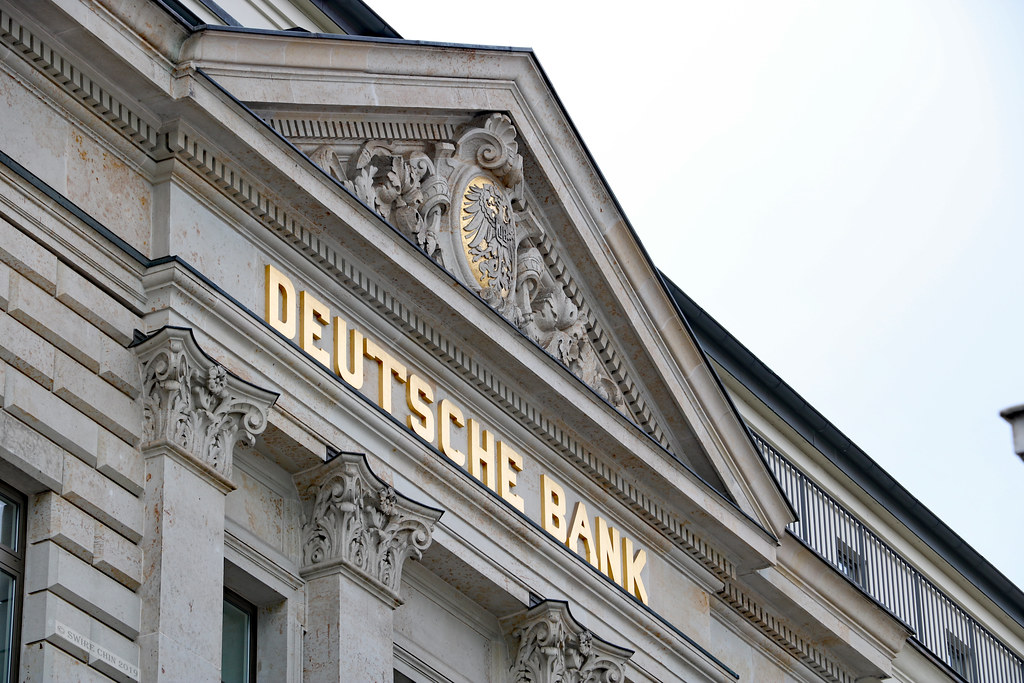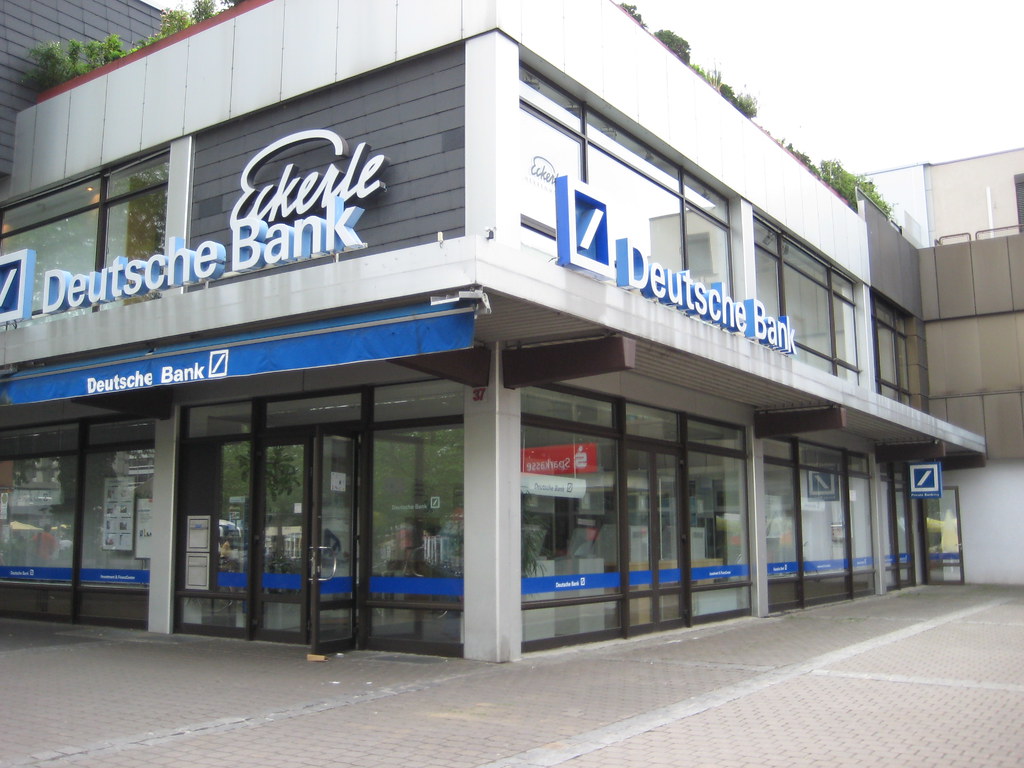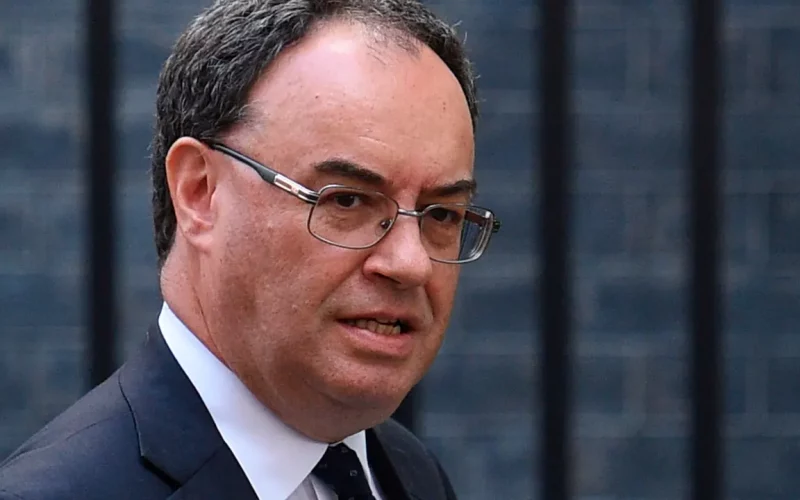Concerns about the difficulty of controlling the panic brought on by the failure of two US banks and the hurried takeover of Credit Suisse have been rekindled by sharp falls in banking shares in Europe.
On Friday, shares of Germany’s Deutsche Bank plummeted by 14% at one point, and losses at other institutions were also significant.

The FTSE 100 in London finished the day down 1.3%, while stock markets in Germany and France had even greater declines.
But the US’s suspicions were unfounded.
The Nasdaq finished the day up 0.3%, while the Dow Jones Industrial Average and the S&P 500 both rose after falling earlier in the day.
The increase occurred in spite of falling stock prices for major banks, including JPMorgan Chase and Morgan Stanley.
Germany’s Commerzbank, whose shares fell by around 5%, was one of the European banks affected by a sell-off by uneasy investors. Societe Generale in France finished down about 6%, while Standard Chartered in the UK was the largest loser, down more than 6%.
Despite reversing some of its biggest losses, Deutsche finished more than 8% lower.
Investment director at AJ Bell, Russ Mould, told the BBC that the decline in the share price of Deutsche Bank and a dramatic increase in the cost of insurance against a potential bank default were “indicative of a wider lack of trust in the banking sector.”
There is growing concern that central banks may have raised interest rates too quickly after keeping them too low for an extended period of time, he added.
In an effort to promote economic growth, central banks cut interest rates after the 2008 global financial crisis and again when the pandemic struck in 2020.
But, over the past year or so, officials have substantially increased rates in an effort to rein in skyrocketing price increases.
These interest rate increases have decreased the value of the investments that banks retain some of their funds, which has resulted in US bank failures.
Share prices have dropped across the board as prominent investors warn that other areas of crisis are still to materialize. These falls are signs of deeper systemic issues, they warn.
According to Mr. Mould, rising interest rates have increased the likelihood of a recession, and if one occurs, “banks will normally find it quite hard going.”
Governments and central banks have been working to reduce market anxiety.
At a news conference on Friday, German Chancellor Olaf Scholz defended Deutsche Bank, saying that it had “completely reorganized and modernized its business model” and was “extremely profitable.”
According to Andrew Bailey, governor of the Bank of England, the UK financial system is “secure and sound.”
Yet, conflicting statements from US authorities about their willingness to guarantee all bank deposits have caused confusion, and expectations that the market had returned to normalcy appear to have been unfounded.
The surprise Friday conference with regulators on financial stability was called by US Treasury Secretary Janet Yellen, while the Federal Reserve announced that utilization of the emergency lending program for banks that the US central bank established this month had surged over the past week.
Also, according to Bloomberg News, the US Department of Justice was looking into UBS and Credit Suisse to see if they had assisted Russian oligarchs in evading sanctions.
The failures’ impact on the financial system has also increased skepticism about how high-interest rates could go.
Jerome Powell, the chairman of the Federal Reserve, stated this week that if the banking panic continues to weigh on lending and hamper economic development, the bank may not raise borrowing prices by much more.
But, St. Louis Fed president James Bullard, who is not now a member of the rate-setting committee, stated on Friday that he believed the panic will pass and that rates would rise above the 5% currently anticipated.
According to Bundesbank President Joachim Nagel, central banks should keep raising interest rates because inflation is still out of control.
The collapses of Silicon Valley Bank and Signature Bank in the US as well as the UBS acquisition of Credit Suisse, he added, as well as market upheaval, were to be expected. He declined to comment on Deutsche Bank.
It is frequently a rocky road in the weeks following such exciting events, he remarked.












